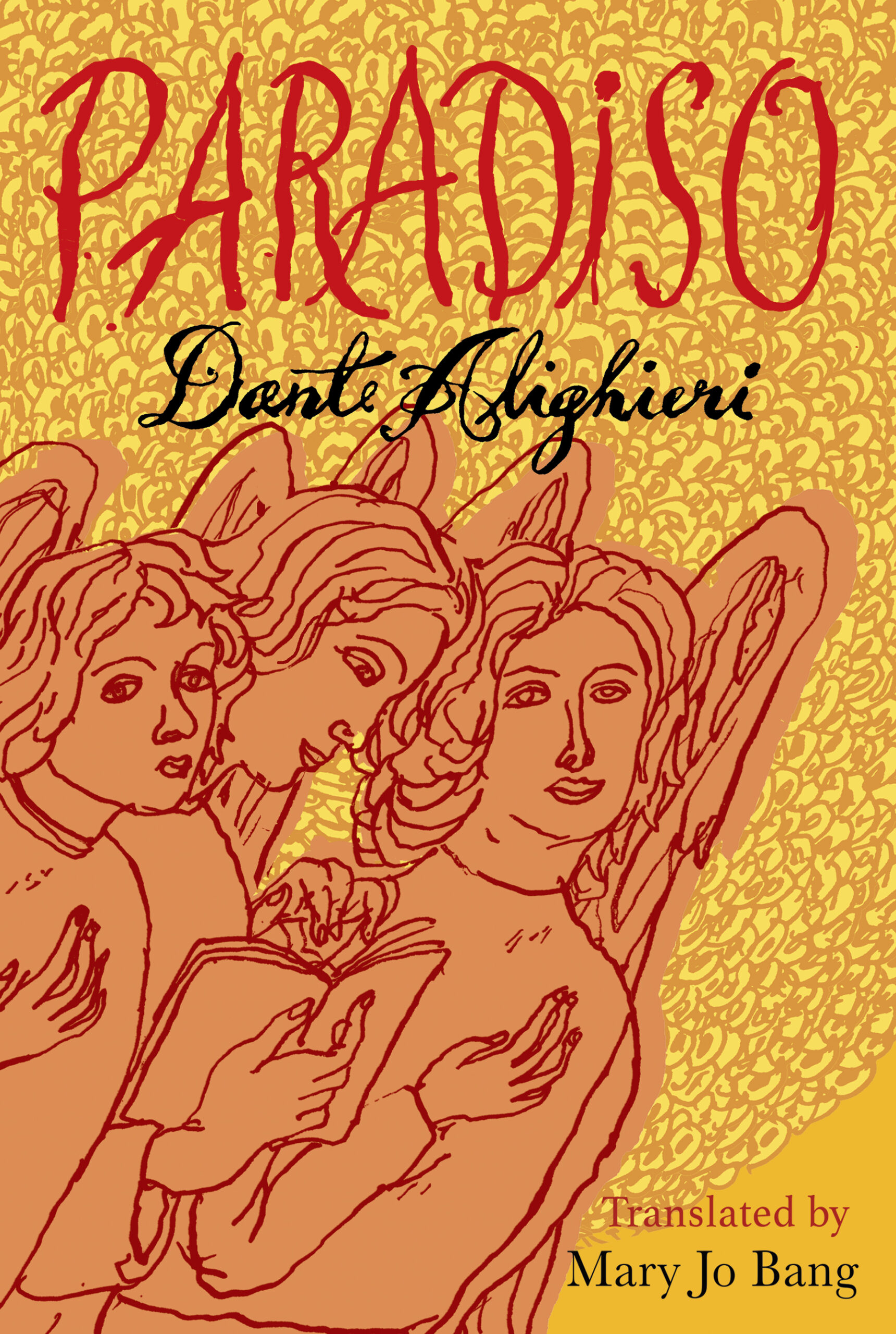Nirox, near the Cradle of Humankind, Magaliesberg
1. Early
Night’s cold spittle
has tipped tall grasses.
Pools of cool light
bathe our eyes for an hour
as reeds weave baskets
out of morning air.
A moorhen’s four chicks
are balls of soot across her bow.
The brown hyena was here
but has gone to its lair,
its spoor fading fast
on the hardening path.
How still the present is
on this windless day
before heat reverberates
and rain clouds gather,
the only sound so far
the drone of tractors
excavating new roads
out of the past’s dusty reservoir.
2. Caught in a thunderstorm
In a sudden gust of wind
a thud of acorns hits the ground
surprising us but not as much as
thunder’s warning shot
just before rain delivers
its perpendicular blows
hammering rocks
lancing dam water
and our own thin clothes.
Upright Egyptian geese
don’t shiver at all,
stolid nursemaids of pharaohs
and of baby Moses
asleep in his reed basket
as he floats through the sedge into history.
3. Cradle on the ridge
As the rain falls we think of roofs,
walls, we think about shelter
and the half-discovered cave
on the dolomite ridge nearby,
a crib that rocked our fallen ancestors,
sedimented eyeless prophets
of the land and weather
and what we would end up doing to them.
4. Dreaming in a new place
It is not as if old dreams depart
like foot soldiers recalled to another front
while wives knit socks, roll bandages,
but new dreams do sunder in a different way,
break into shards—sliver of moon, arrow, anklebone,
stone rattle, whitened horn.
Ingrid de Kok has published five volumes of poetry, most recently Seasonal Fires andOther Signs.
Click here to purchase Issue 04




